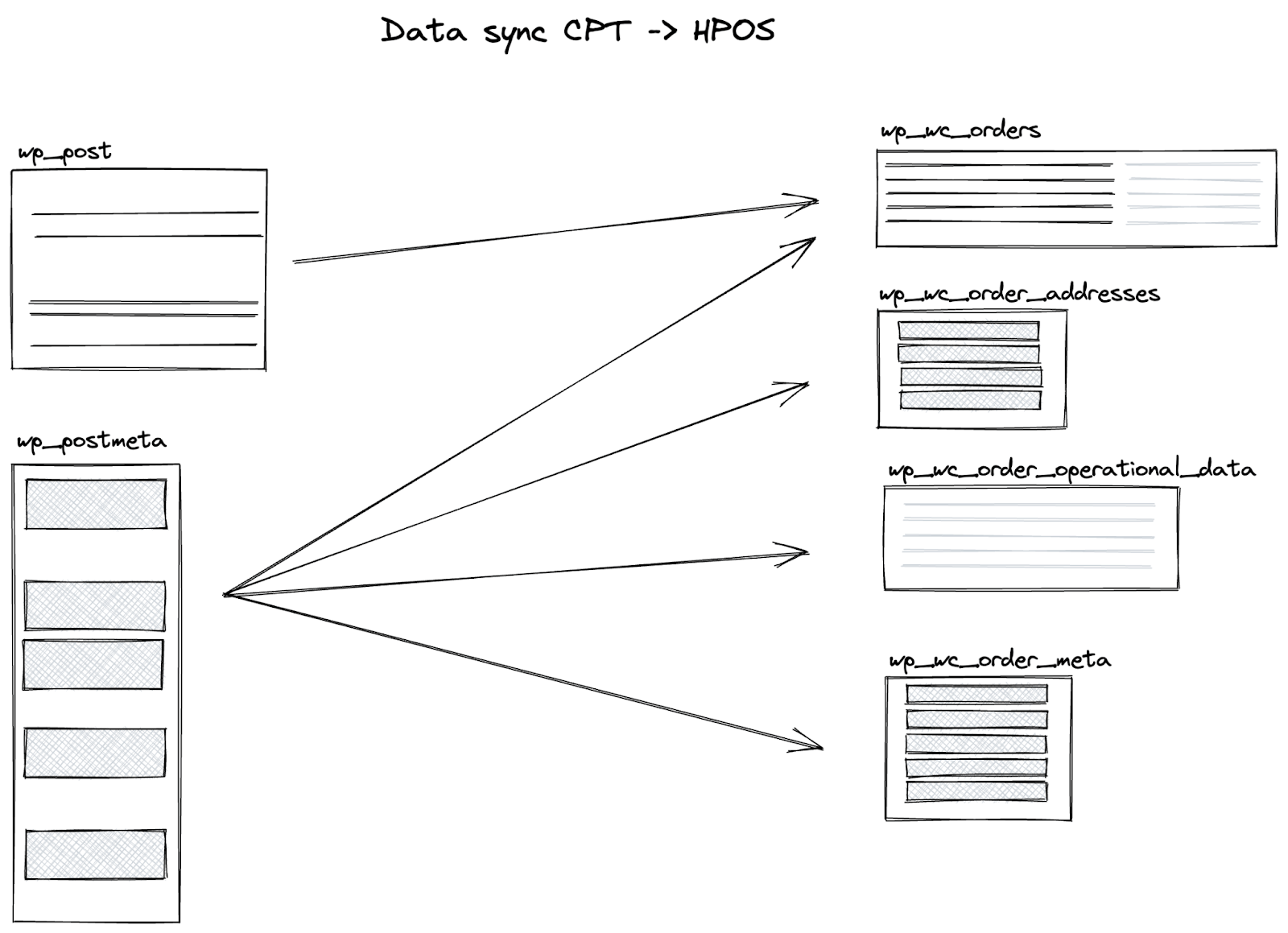Your cart is currently empty!
Hear me chat with fellow developers Zack Stepek and Carl Alexander on today’s (6/6/2023) Do The Woo Podcast episode! We covered a large gamut of WooCommerce development – from plugins to the full site editor, blocks, performance, staging, AI and more. Click the button to open the episode on the Do The Woo website. There’s…
After careful consideration, I’ve decided to join the Shopify Partner Program and start working on proprietary Shopify powered sites as well as continuing to work on open-source WordPress + WooCommerce powered sites. Recent statistics from BuiltWith indicate that Shopify leads greatly over WooCommerce Checkout, particularly in the United States market. Information I hear from colleagues…
August 2024 update: Switched the below from Apache and MariaDB to Nginx and MySQL to match SpinupWP setup. Here’s a follow-up to my March 2022 article on LocalWP power usage. LocalWP has gotten too slow and eats-up loads of precious storage space. Some sites won’t shut down. The ones that do shut down take time…
Over the years I’ve faced lots of problems with staging environments. A cure-all for me has been deleting them and using LocalWP for local sandbox environments. Plus it adds so many useful features! I’m inspired to write this post because to this day I hear technical support representatives ask to try something on staging, or…
On a few occasions I’ve heard of multiple shopping cart sub sites, sometimes powered by a WordPress Multisite Network that supports multiple WordPress sites within one via URI path, subdomain, or domain name. Examples of this include: business product lines, departments, or clients of a solution provider. Each sub site has some base requirements to…
I’m presenting again on WooCommerce and WordPress database cleanup. This time my presentation is for our WooCommerce and WordPress Meetup group event. I’ve previously covered this topic in my WordCamp Los Angeles 2020 presentation and I posted on it in my blog post Cleaning up your WooCommerce database. This is a popular topic with evolving…
Have you heard? 2023 is the year that High Performance Order Storage (HPOS) also-known-as Custom Order Tables (COT) becomes standard in WooCommerce. HPOS is opt-in based, but the core team has announced: “Orders will stop being synchronized to posts and postmeta tables in WooCommerce 8.0 in August 2023”. That sounds to me like our timeline for…
How many times have you received a text with a password, an encrypted spreadsheet file and a separate email containing the password (sitting in the same mailbox!), or an unprotected Google Sheet? There’s better solutions! Here’s some worth taking a look at: For heavier security have a look at asymmetric cryptography (like PGP) Apps or…
Blocks came out in late 2018 initially for blog posts and page contents. The Block Editor project, originally named Gutenberg, has gradually expanded since. Starting January this year WordPress core introduced Block Themes (AKA Full Site Editing) where Blocks are used for templates, headers, footers, sidebars and more. That made 2022 a game changer because…






